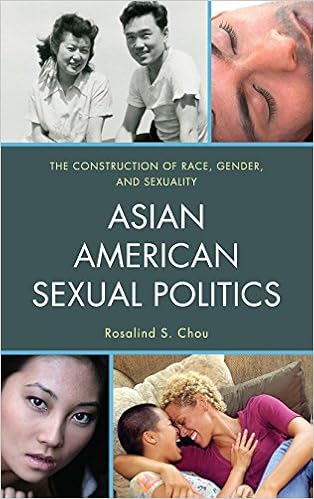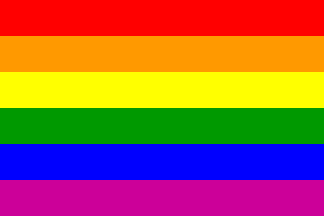Blog 10
Yellow Art
Phuong T. Vuong's poem has caused me to reflect on Western media's perception of Vietnam. Vietnam's rural lands have been glorified and the history of the Vietnamese people have been reduced to two pages of a history textbook that doesn't speak much of how the U.S.'s involvement in civil affairs have traumatically impacted and divided Vietnam and its citizens. Vietnamese American art is important. It provides a counter-narrative to the dominant misconceptions and romanticization of Vietnam and the Vietnamese people, by allowing actual Vietnamese to share their side of history. Art, especially in the form of storytelling, is a powerful form of resistance. Historically, spoken word and other alternative forms of acceptable mainstream art forms have been used as tools to deconstruct and call upon the consciousness of their listeners. These forms of storytelling allow the artist to really engage with their audience and the share raw emotion and experiences they faces as every day Vietnamese. It's an intimate exchange that is often times more accurate than a textbook description because it doesn't gloss over the fact that the Vietnamese people are still suffering from the damage U.S. involvement has done even forty years later.
Q: Is engaging in spoken word and other alternatives to mainstream art an example of appropriating Black culture? If so, how can we (non-Blacks) while acknowledging the roots of spoken word and hiphop in Black culture, also participate without co-opting?
Bao Phi is a Vietnamese spoken word artist whose art aims to capture both the pain and the pride of theVietnamese people.














